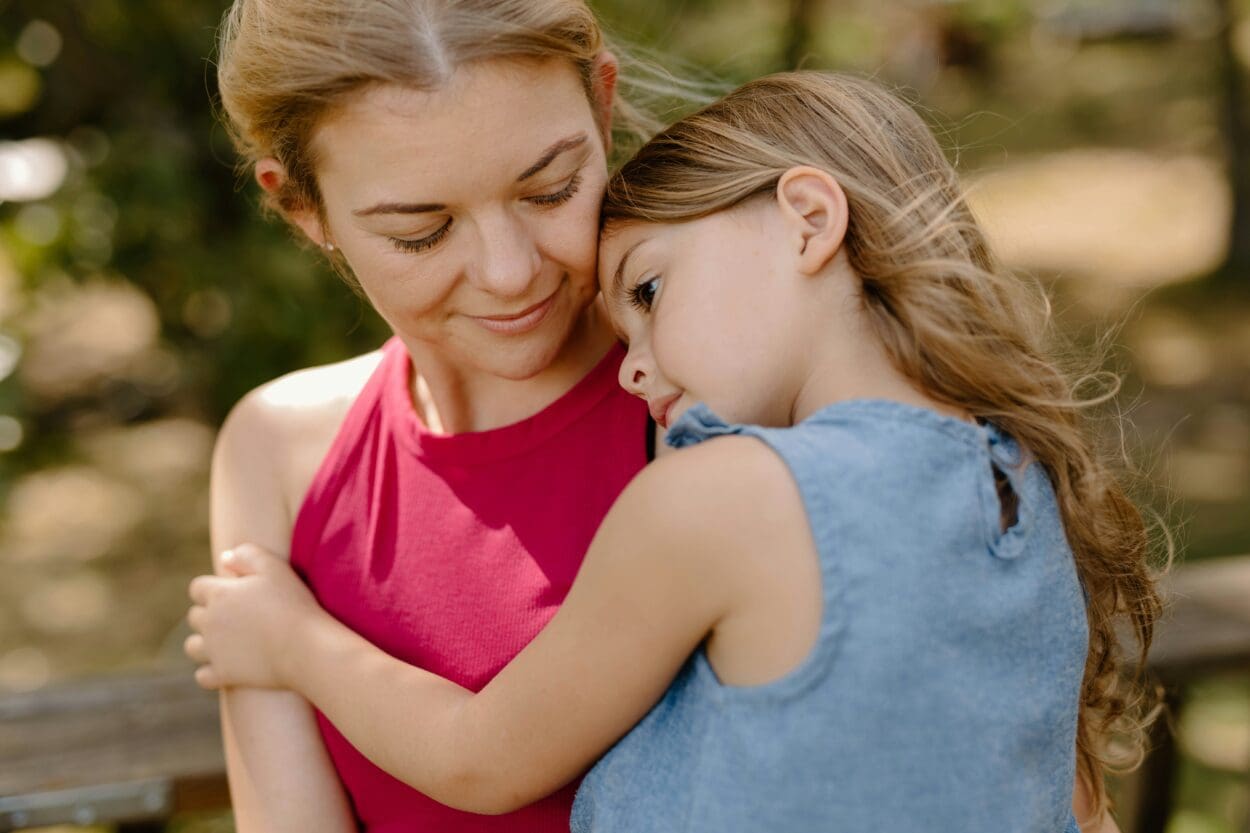Grief makes for a difficult journey, no matter your age, gender, or background. However, for a young person, it can be especially confusing. The average child or teen hasn’t had the experience of losing many loved ones, and sometimes they haven’t lost so much as a pet. When they’re thrust into a grief journey that significantly changes their life, it can be scary and disconcerting.
When my husband and I lost our ten-year-old daughter, my family was made up of the two of us as well as our two daughters. When our oldest passed away, our younger daughter was six. At the time, our older daughter had been sick for months. Her passing felt almost normal to our six-year-old, who didn’t understand the permanency of the event.
Then, as the weeks and months passed, she seemed to be unaffected by the loss of her sister. We didn’t fully know what she needed or how to help, and amid our own grief, we didn’t always have the brainpower to dig deeper. We were exhausted by our own pain, so if she wasn’t asking questions or crying for help with her grief, it was easy to overlook.
A year after our daughter’s death, we had a new baby boy. He happened to be born with a heart issue, and while he eventually outgrew it, the months during which we had to be in and out of the hospital were difficult. It was especially hard on our daughter, and this was when we finally began to see the depth of her grief for her sister.
During our baby son’s medical issues, our daughter didn’t want to visit her baby brother in the hospital. At one point she asked us when he was going to die.
This was a changing point for us and how we dealt with our daughter’s grief journey. We realized that while she had seemed to adjust well, she was insecure and had big questions, concerns, and needs.
From this point forward, we took intentional steps to help her in her grief. The steps we took were simple, but they made good headway with her behavior where her brother’s sickness was concerned. We began to see small hints at closure blossoming in her actions.
Shopping for Her Sister
One of the first things we did was take her to a garden center and allow her to shop for something for her sister’s grave. She looked for things she knew her sister would like—cats, in particular!
When we took the items she chose to the cemetery, she actually asked us to step away so that she could “talk” to her sister in private. I’ll never forget that day, and how my heart swelled. This action was something she had needed, though we had been clueless before.
Crafting As a Gift
Later, we bought a craft kit for her to create a stepping stone out of plaster. We helped her make the stone and paint it. Then we placed it outside in our flower bed, and we made sure to call it her gift to her sister.
Every time we went outside to play, she located the stone and made sure it was free of leaves and debris. It meant something to her, and we knew it had been a successful idea.
No More Hospitals
Finally, over the remaining months of her brother’s illness, we no longer gave her the option to visit with us in the hospital. Instead, we planned for her to stay with friends and family, where she didn’t have to relive the long days at the hospital she had experienced with her sister before her passing.
Keeping the Memories Alive
Today, eight years later, our daughter still has her moments of pain. However, the sting of her grief has lessened in a healthy way.
As her brother has grown into an energetic kid, we’ve been sure to tell him all about his oldest sister. We’ve also taken a few cues from what worked for our younger daughter. We’ve allowed him to pick out trinkets to place at her grave as well as make crafts that are dedicated to her.
These things have helped to build memories of her for him. It has allowed him to feel connected while also letting our daughter relive her memories with her sister.
Helping kids through grief can be challenging, especially when an adult is in the middle of their own pain. It can be even more difficult when the child doesn’t understand their feelings or they lock them out of sight. With a bit of focused thought and dedication, that grief can be addressed.
It can be important to keep in mind that it may be helpful to seek out more help—focus groups, therapy, or events like grief camps can be especially successful.
As adults, getting help for our grieving kids can feel daunting, but it is possible. With the right tools, we can be present for the grieving kids in our lives and get them set on a path to healing.





Leave a Comment